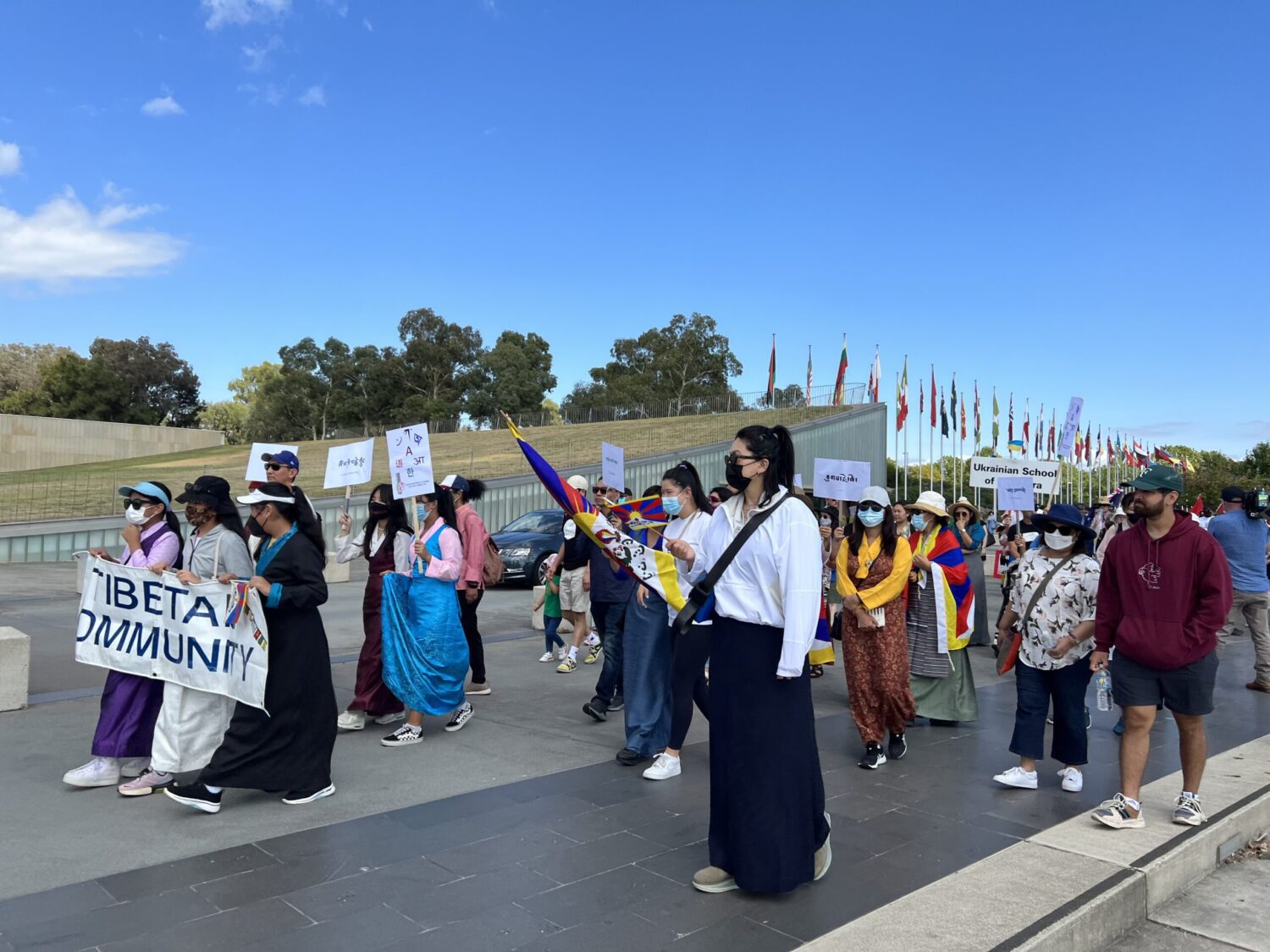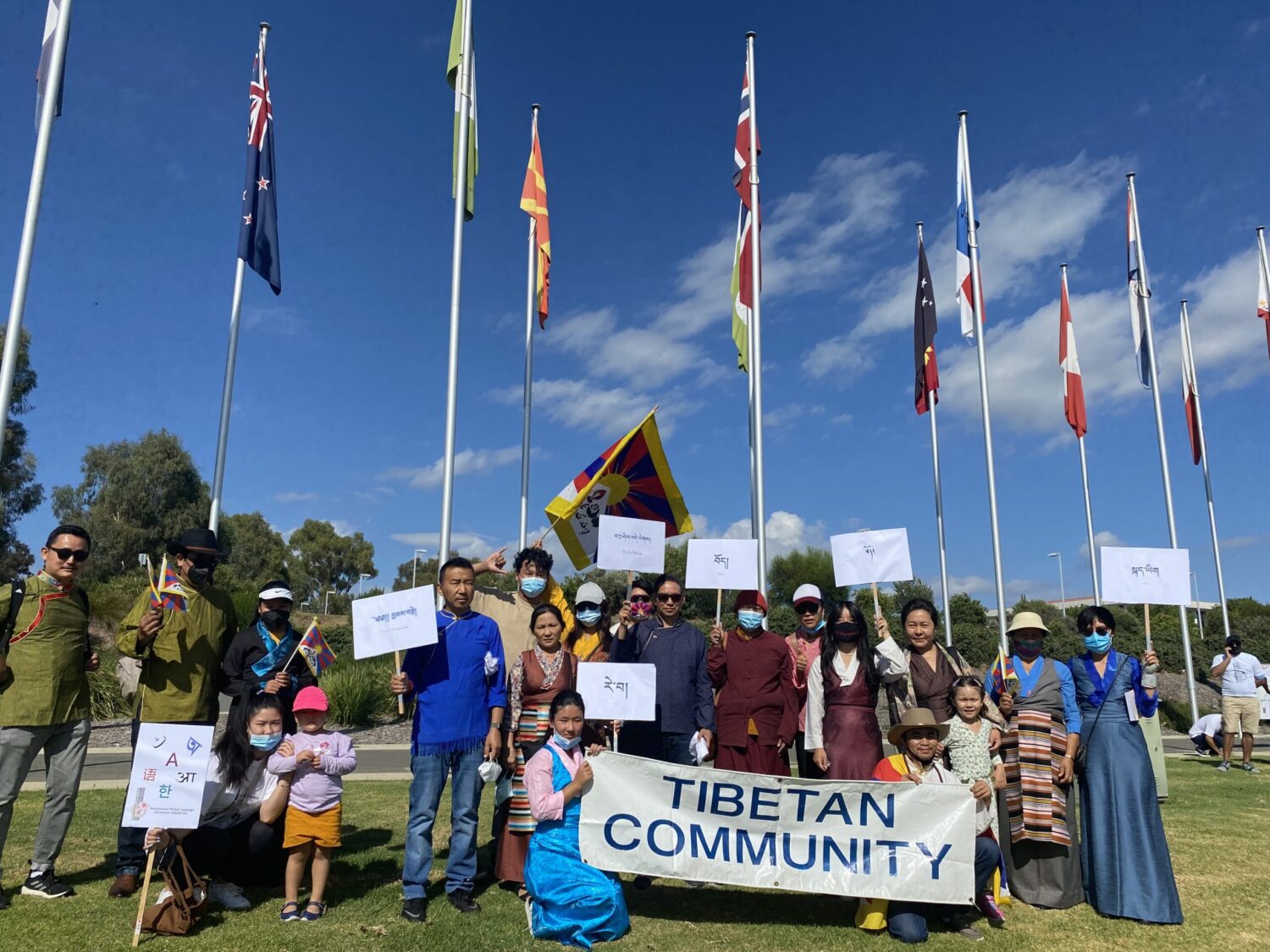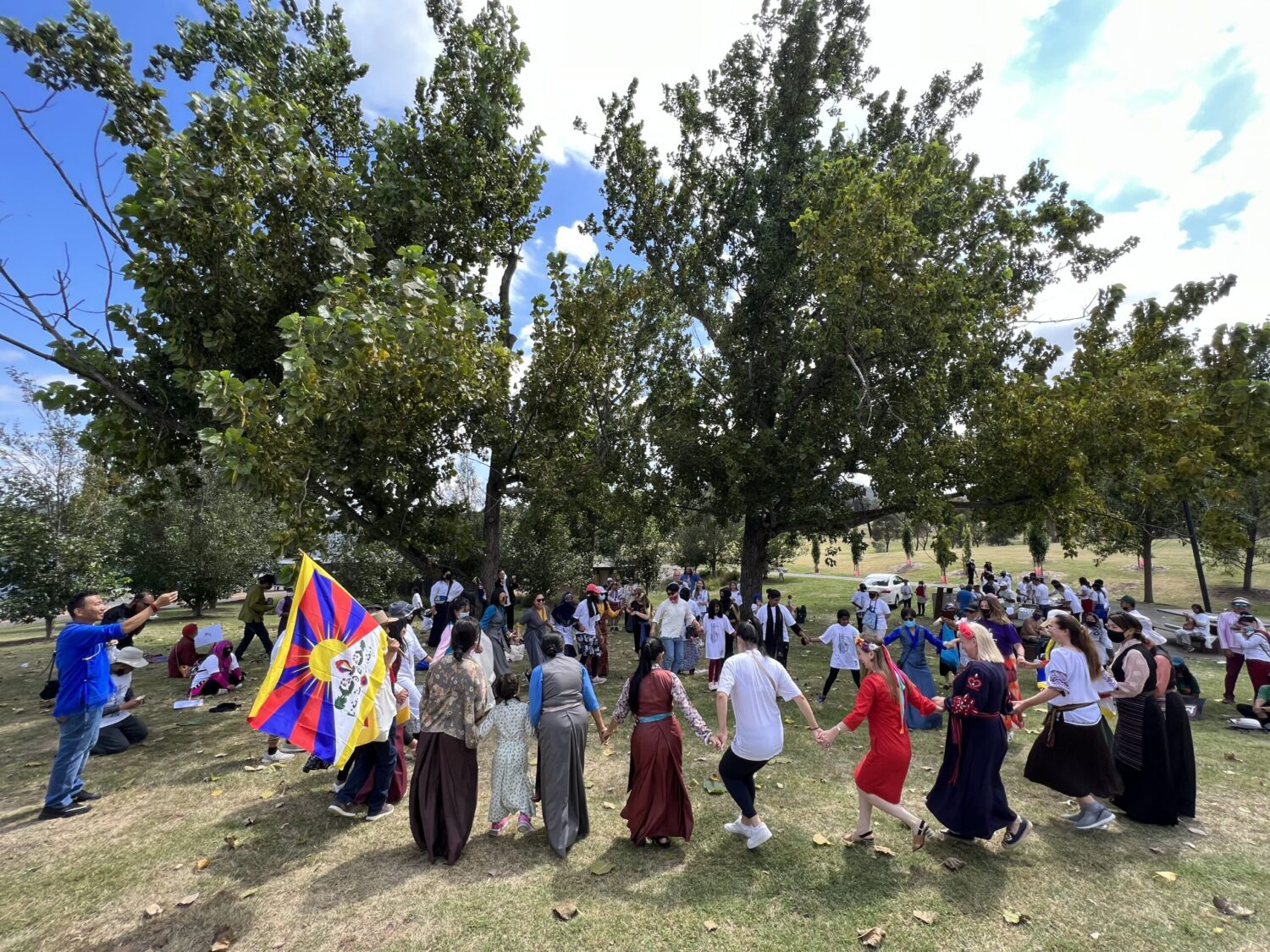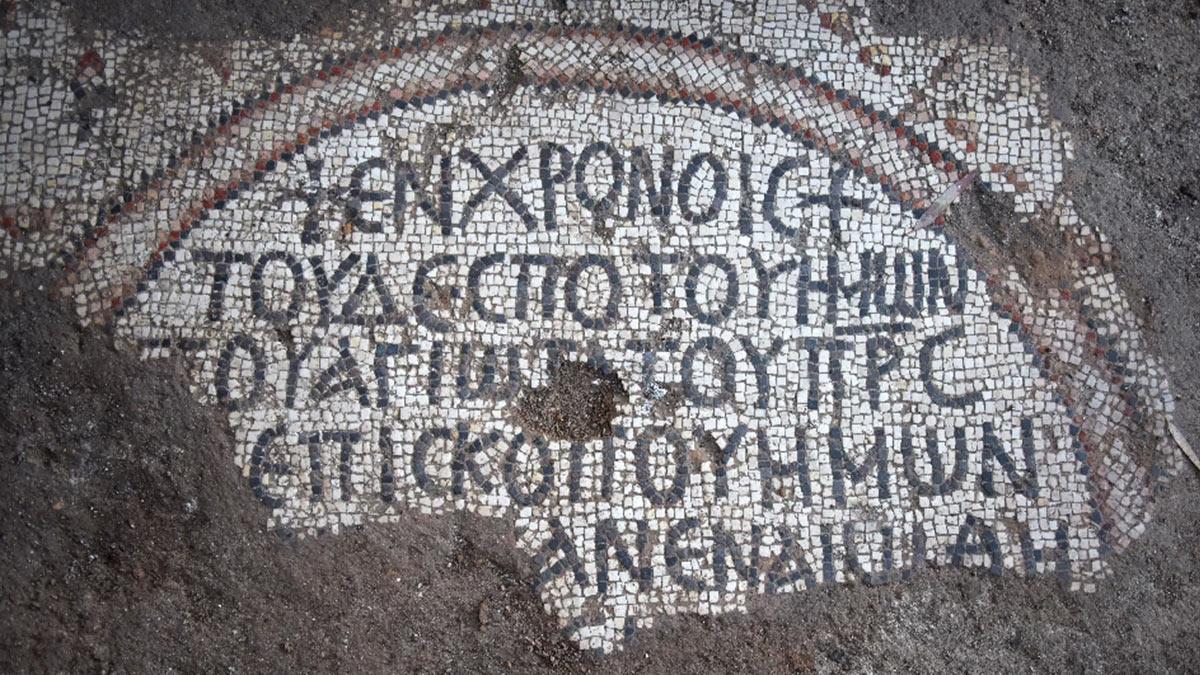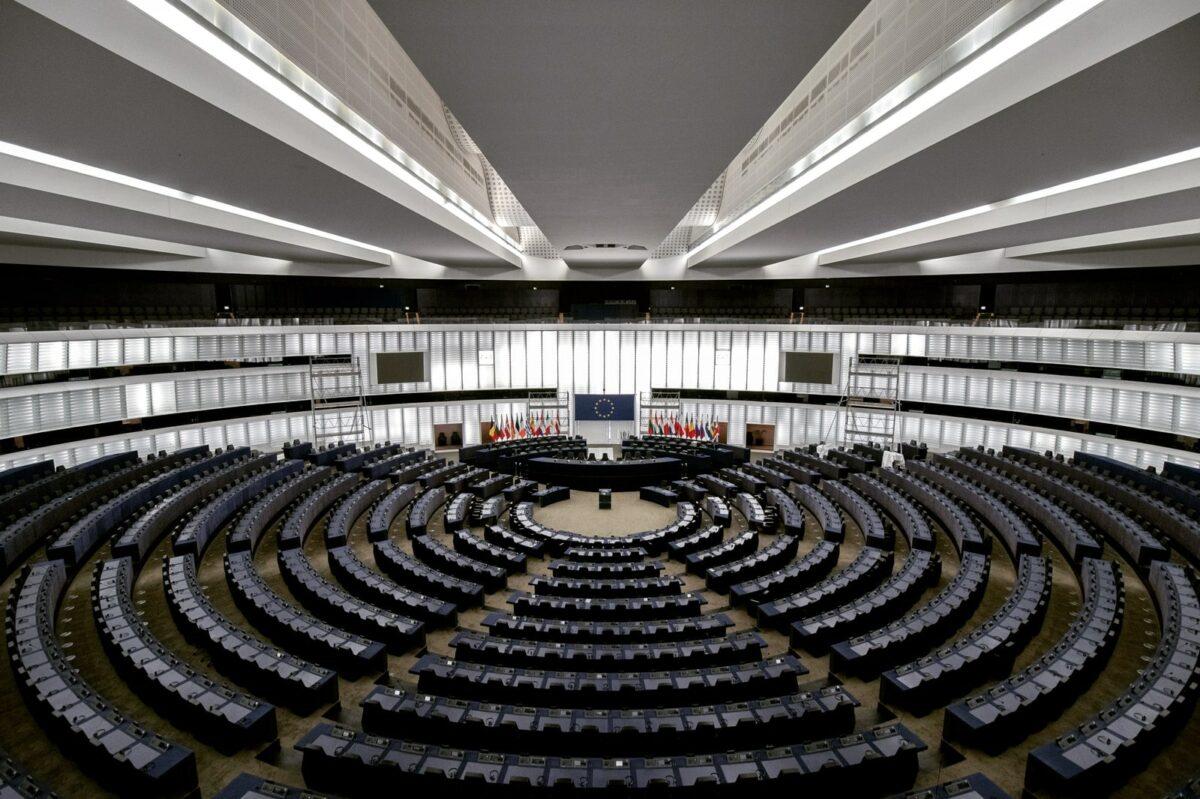A 20-foot (6 meter) statue of Jesus, which had stood in the village for 18 years, was demolished by authorities in India’s southern Karnataka state after claims it was built on land earmarked by the government for an animal pasture.
Kolar district’s administration said last week’s demolition took place of the statue next to St. Francis Xavier’s Church in Gokunte village, Christian Today reported.
The Karnataka High Court had ordered the destruction, but local Christian leaders said the case was still pending.
Gokunte village has a population of 500-600 people, and all but four families are Catholic, Crux News reported.
Bengaluru Roman Catholic Archbishop Peter Machado denounced the statue’s demolition, stating that the church has ownership documents for the land where the statue was.
Machado said church leaders attempted to work with authorities to save the structure, but they would not cooperate.
“It is sad to note that yet another ruthless demolition of a Christian Structure, which included a 20- feet Statue of Jesus and 14 Stations of Cross was carried out by the taluka authorities in a Christian Village, Gokunte, in Kolar, a District of Karnataka touching the border of Andhra,” Machado announced in a statement.
“We were not served with written notice of the impending action which she had determined to demolish,” said Machado.
200-STRONG POLICE FORCE
The local authorities moved in with a 200-strong police force and pulled down the statue, which Machado said “has seriously affected not only the sentiments of the Christian community but also the people of other faiths.”
The bishop said, “Though the church has documents of the two acres of the land where these structures were located, the local authorities considered them as not proper or incomplete.”
The villagers believe a Hindu nationalist group filed a petition in the high court to stir tensions in the region.
“The video of the demolition was widely circulated, and the Christians are really alarmed and pained at such repeated acts by the pro-Hindu government machinery,” Fr. Faustine Lobo, the spokesperson of the Karnataka Regional Catholic Bishops’ Council, was quoted as saying.
Open Doors USA, which monitors Christian persecution in more than 60 countries, reports that persecution against Christians and other religious minorities has increased since the BJP took power in 2014, Christian Today reported.
For India’s Christians, 2021 was the “most violent year” in the country’s history, says a report by the United Christian Forum. At least 486 violent incidents of Christian persecution were reported in the year.
The UCF attributed the high incidence of Christian persecution to “impunity,” due to which “such mobs criminally threaten, physically assault people in prayer, before handing them over to the police on allegations of forcible conversions.”
Police registered formal complaints in only 34 of the 486 cases, according to the UCF.
“Often communal sloganeering is witnessed outside police stations, where the police stand as mute spectators,” the UCF report states.
Christians make up only 2.3 percent of India’s population of 1.38 billlion and Hindus make up some 80 percent.
Karnataka is ruled by the Bharatiya Janata Party (BJP), which has also ruled India since 2014. The BJP is linked with the the Rashtriya Swayamsevak Sangh (RSS), a Hindu nationalist group said Crux News.



